The best laid plans often go awry
Don’t leave home with a plan cast in concrete. An itinerary that's too detailed and too rigid will go off the rails at some stage. If you plan down to the hour, you lose the flexibility to decide on a whim to do something you hadn’t even considered. Often the best trips are those least planned—so don’t plan too much. Our itinerary section should be a good starting point.
No means no
It’s your holiday. Listen to the suggestions of family, friends and other travellers, but decide for yourself. Don’t be pushed into doing things you don’t feel you want or need to do. This is especially true in an era of over-tourism. There's no point seeing top-shelf attractions just for the sake of doing them, particularly in the company of thousands of others. Make your trip and what you plan to do align with who you are as a person. Love cooking? Skip the queues at Bangkok's Grand Palace, and enrol in a week-long culinary class instead.
Being firm in saying no is important when it comes to touts. While we’d like to think there’s somewhere particularly warm reserved for touts in the next life, for now we have to deal with them. A firm “No, thank you” should be all that is required if you are approached by one insisting you visit his brother's tailor shop. If they persist, ignore them—it’s easier said than done, but believe us it’s just about always in your interests to ignore a tout. Don’t let them railroad you.
Less is more
Just because you’ve got 14 days in Vietnam doesn’t mean you should go to 14 cities. If you’re travelling more than every other day, you are trying to see too much in too little time. Slow down, see less—save the rest for another trip.
If you really must cram as much as possible into a trip, then an organised tour may be more up your alley, as you’ll need to spend less time finding hotels and restaurants—which should leave you some time to decompress ... a little.
Don’t skip all the highlights
Less is more, but don’t skip all the highlights. You don't need to cross everything off your list, but sometimes there's a very good reason places have become popular. If you’ve got seven days in northern Vietnam, for instance, and have never been there before, then we’d say Ha Long Bay is worth making time for. It doesn’t matter that it’s heavily touristed; it’s unique and you’ll never see anything quite like it again.
Ignore travellers who steer you away from places saying they are “too touristy”—they’ve seen it and so should you, if you want to. We once had a traveller tell us not to bother with Angkor Wat because it was too touristed. Yes, Angkor has crowd issues, but everyone is there for a reason: It’s sublime!
Guides are not gospel
Things change. Hotels burn down, restaurants go sour, sites disappear. Any travel guide—online or paper—will be out of date or inaccurate in one way or another. Talk to locals and other travellers to find out the latest.
Read the local rag
Local newspapers and magazines are commonly more up to date than many other sources. Looking for a fun Friday night in Saigon? A Saturday night in Bangkok? Pick up a copy of Word Vietnam or Bangkok 101 to find out what’s the hottest spot within walking distance—it may have only opened last week. These type of sources can often fill the gap since your guide’s author last blew through town.
Talk to locals
So your guidebook’s out of date and the newspapers are in some funny language you don’t understand. Go ask somebody. Just because you’re staying in Uncle Somchai’s flophouse doesn’t mean Somchai isn’t the man when it comes to insider knowledge on what to do and what not to do.
Check in, dump your stuff and wander down to the front desk and ask “What’s good around here?” If you're unlucky they’ll just tell you to go buy a guidebook, but if you hit pay dirt, you could get a great inside angle on things the locals like to do.
Learn the local lingo
If you’re spending anything more than a few days in a country you’ve got no excuse for not learning at least the very basics of a language—after all, you probably spent five to 20 hours on a plane to get there—grab a phrasebook to get started.
“Hello”, “thank you”, “one to 10”—learning words and phrases like these aren’t brain surgery and even the tiniest attempt to use local language will often distinguish you from the crowd. If you’re not going to try, at least ask “Excuse me, do you speak English?” rather than barrelling in with a “Hey, I’m just in from the outside world, can I have a double room with air, hot water, a tub, cable TV with the sports channel and a bar fridge stocked with Singha?”
No reservation? No problem
Outside of peak season in heavily touristed areas, you will not need a reservation—especially if you’re a budget traveller. If your heart is set on a special place, at a special time, then by all means reserve away, but if you’re content in any old room, in any old place, you generally will not need a reservation.
More importantly, don’t totally freak out if you don’t have one—remember many places can’t be booked in advance anyway. There are exceptions to this, such as Ko Phi Phi over Christmas for example, but by and large, you’ll survive without one.
They’re not all scoundrels
It’s true. Not everyone in the tourism industry is a rip-off merchant destined for a hot place underground in the next world. Admittedly, anyone remotely suave looking (with snake-hips and brandishing a mobile phone) standing out the front of Bangkok’s Grand Palace or Saigon’s War Remnants Museum probably is, but don’t treat your host country’s entire population as a collection of thieves and freaks bent on squeezing every last dong out of your wallet. Keep your wits about you and, with the little bit of language you’ve already learnt, you should be in a position to meet some really good people.
Pack light
You’re going on a holiday in the tropics—not a military expedition in an Arctic winter—so pack accordingly. Lay everything you want to take out on the floor. And just as we suggest halving the list of what's on your planned itinerary, we advise putting half of what you see back in the wardrobe.
You do not need a sleeping bag, tent, portable cooking stove, hiking boots, 14 pairs of socks and underwear and four pairs of jeans. You do need light cotton clothing, enough clothes for three days, a pen and a ball of string.
Pack big
Just because you followed the previous point to a tee doesn’t mean you should be taking nothing more than a manbag. You will accumulate stuff. Take a pack big enough to fit in some of the collectibles you’ll gather along the way—including the umbrella from Bo Sang umbrella village you picked out for grandma, the fake Diesel outfit you scored on Khao San for your sister, and the empty M-16 cartridge you shot at Cu Chi for your crazy Uncle Ted... Just remember to check-in the cartridge for the flight home.
Don’t forget to pack your brain
Sounds obvious, but it’s amazing just how many people, in their excitement to get on the road, forget to pack their brain. Some of the stupidest things we’ve ever done have been while travelling—despite what you may think, you are not immortal while travelling (we were lucky). Pack your brain, use your common sense, and chances are both you and your hosts will have a far better time. If you take a motorbike, read this and wear a helmet!
Are you insured?
Having adequate insurance is a very, very good idea. In fact, if you can't afford insurance, we don't think you can afford to travel. If you’re looking for the cheapest policy on the planet, don’t be surprised when they don’t pay up for anything. The details and exclusions of your policy may not make a big difference to you if you’re dead, but they will make things far easier or far more difficult for your family as they try to get your body home—an expensive and complicated undertaking.
It’s a holiday—not a horror story
It’s easy to get caught up in the possible pitfalls of a holiday in Southeast Asia. But with a bit of common sense, some planning and a bit of effort, it’s fairly straightforward to put yourself in a good position to have a trouble-free trip. Use that common sense.
In summary
Plan your trip out roughly—plan in segments of a couple of days rather than a couple of hours—and leave yourself open for changes of plan.
Make the effort to learn a little of the language.
Use a travel guide, but don’t take it too literally. Use a variety of sources; people can often be the best sources of information.
Pack sensibly, and don’t forget your brain.

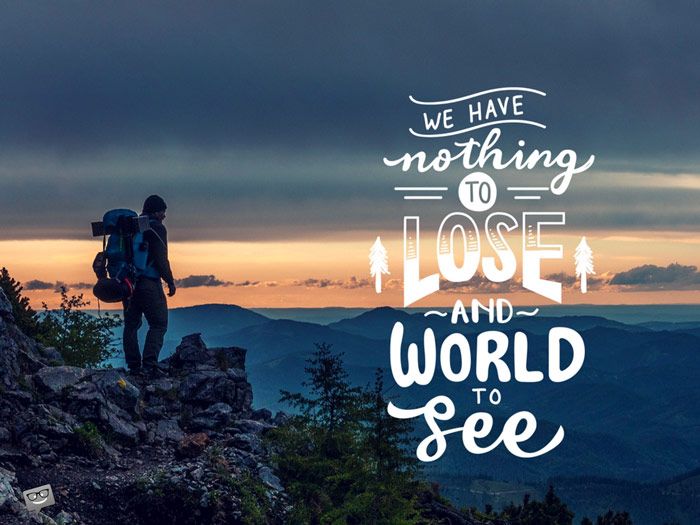
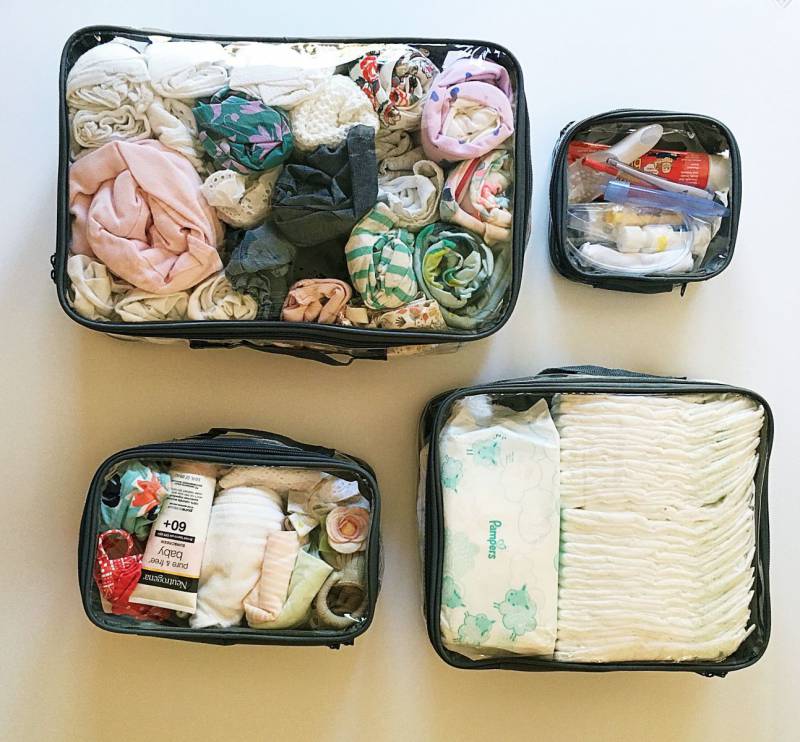

.png)
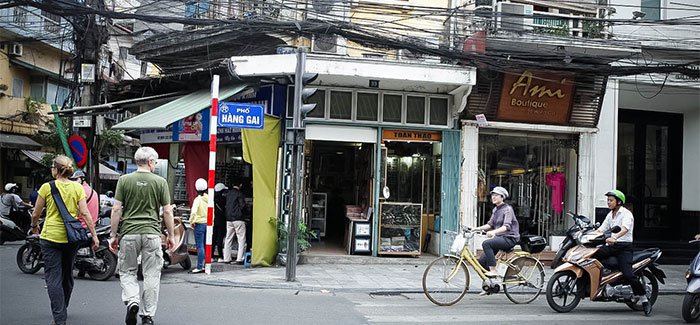
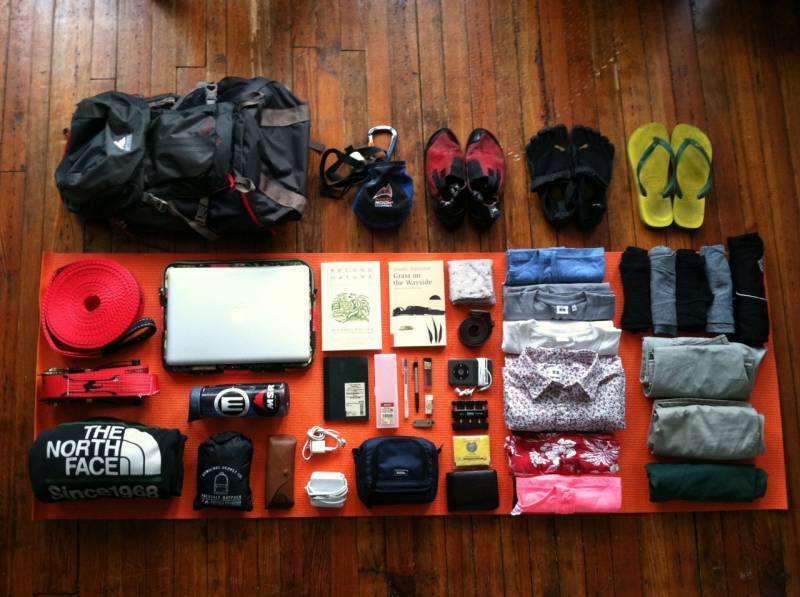

.jpg)
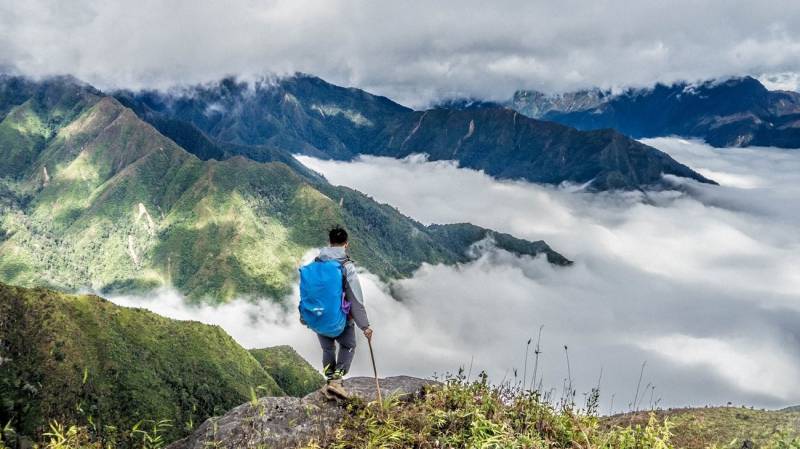

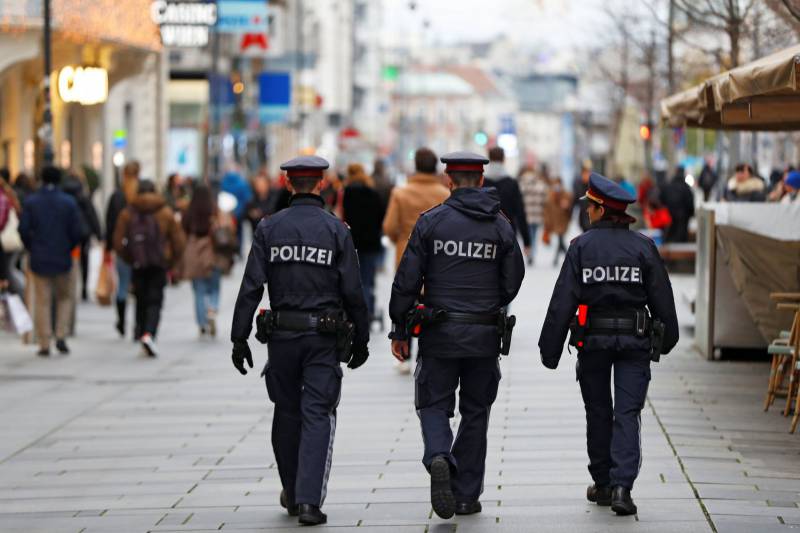
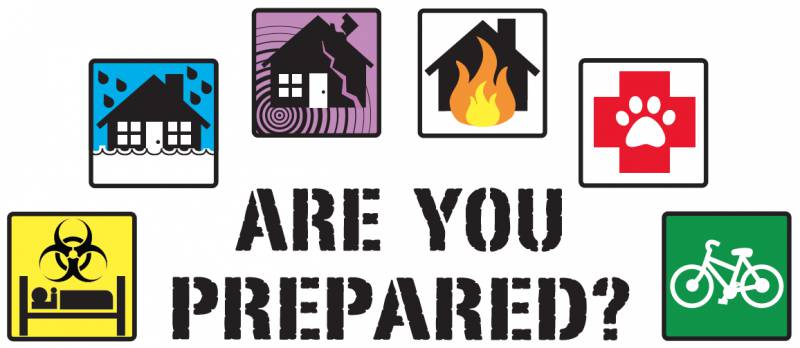

.jpg)
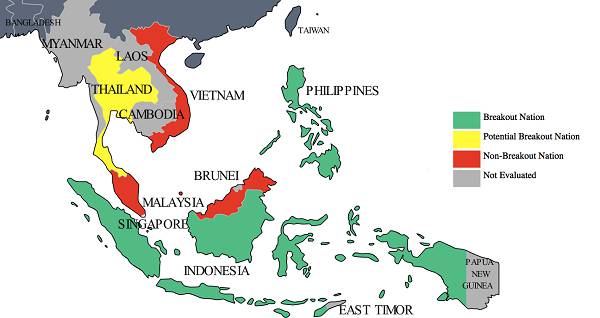
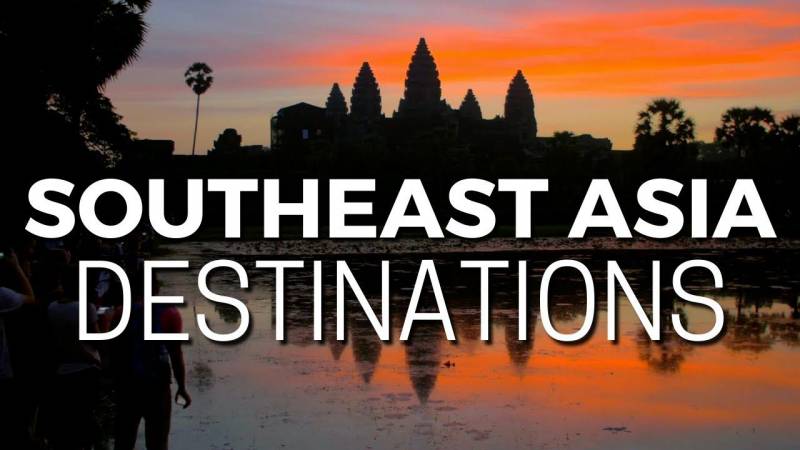
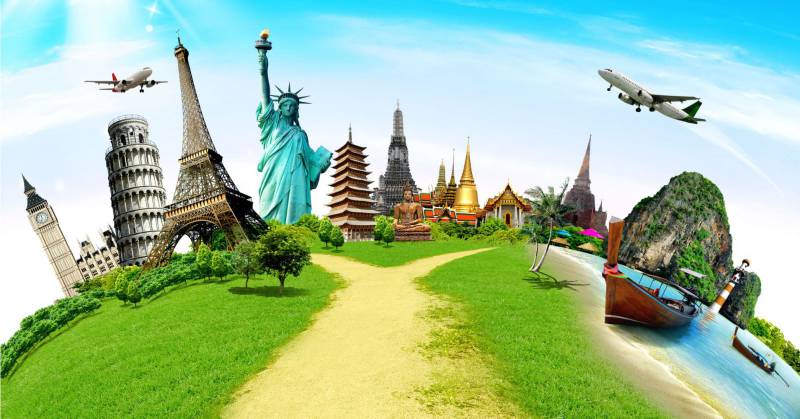
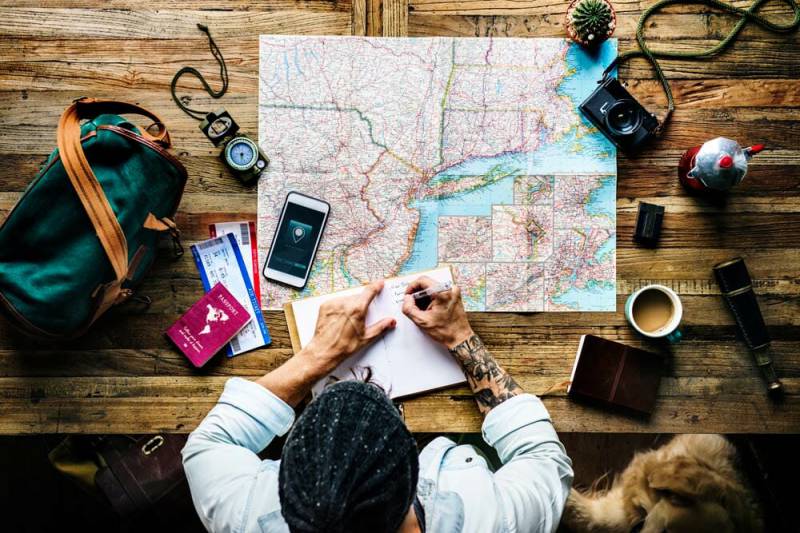
.jpg)






